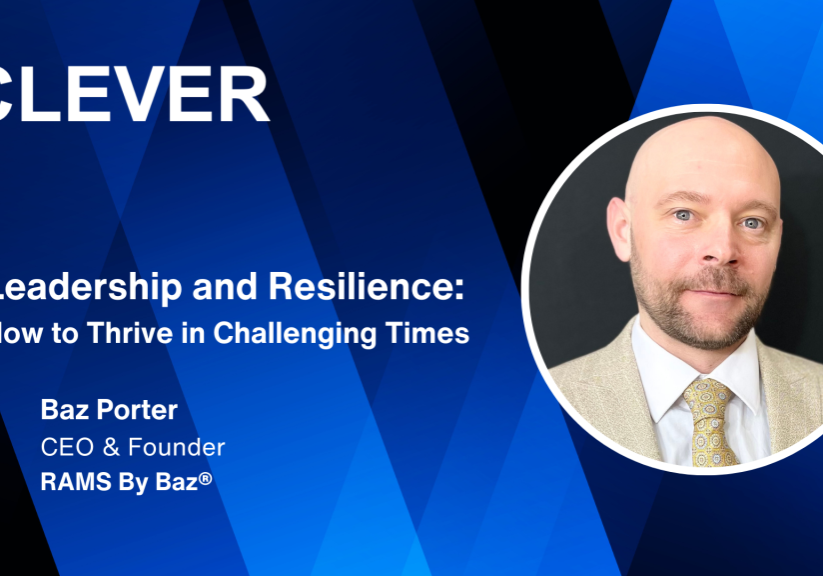
Nordstrom, the high-end department store chain, said it planned to board up some of its 350 stores and hire extra security for Election Day on Tuesday. Tiffany & Company, the luxury jeweler, said “windows of select stores in key cities will be boarded in anticipation of potential election-related activity.” Saks Fifth Avenue said it was “implementing additional security measures at certain locations in the event of civil unrest due to the current election.”
In Beverly Hills, the police said they would take a “proactive approach” and close Rodeo Drive, a renowned strip of luxury retailers, on Tuesday and Wednesday, citing the likelihood of increased “protest activity.” The police, working with private security companies, said they would also be on “full alert” throughout Beverly Hills starting on Halloween and continuing into election week.
The nation is on edge as the bitter presidential contest finally nears an end, the latest flash point in a bruising year that has included the pandemic and widespread protests over social justice. Anxiety has been mounting for months that the election’s outcome could lead to civil unrest, no matter who wins. In the retail industry, many companies are not simply concerned about possible mayhem — they are planning for it.
In a show of just how volatile the situation seems to the industry, 120 representatives from 60 retail brands attended a video conference this week hosted by the National Retail Federation, which involved training for store employees on how to de-escalate tensions among customers, including those related to the election. The trade group also hired security consultants who have prepped retailers about which locations around the country are likely to be the most volatile when the polls close.
“I am 50-plus years old and I didn’t think I would live to see this,” said Shane Fernett, who owns a contracting business in Colorado Springs and has been stocking up on plywood to board up his retail customers. “You read about this in third-world countries, not America.”
For the retail industry, 2020 has been filled with bankruptcies, store closures and plummeting sales as tens of millions of Americans struggled with job losses because of the pandemic. Protests over police violence against Black citizens sent millions of people into the streets, demonstrations that in some cases devolved into the looting and burning of stores in a number of cities. Worries about unrest around the election have been fanned by President Trump, who has declined to say whether he would agree to a peaceful transfer of power if his Democratic challenger, Joseph R. Biden Jr., is victorious.
Protests flared again this week after Walter Wallace Jr., a Black man with mental health issues who was carrying a knife, was killed by the police in Philadelphia. That set off looting and clashes with the police in parts of the city. Citing the civil unrest in Philadelphia, Walmart said on Thursday that it was removing all of its firearms and ammunition from its sales floors across the country.
This year, businesses have already sustained at least $1 billion in insured losses from looting and vandalism largely set off by the killing of George Floyd by a Minnesota police officer in May, according to one estimate cited by the Insurance Information Institute, an industry group.
It is on target to be the most costly period of civil unrest in history, likely surpassing damages during the 1992 riots in Los Angeles and many of the civil rights protests of the late 1960s.
Keep up with Election 2020
The situation in 2020 has drawn comparisons to protests in the 1960s, but Derek Hyra, an associate professor in the School of Public Affairs at American University, said that recent unrest had been more geographically widespread, affecting a wider swath of businesses.
“Most of the rioting and burning in the 1960s happened within the geography of low-income Black spaces,” Mr. Hyra said. “In the 2020 unrest, more of it happened in downtown and affluent areas.
“It’s not just urban America,” he added. “The protests have been in the suburbs, they’ve been in rural areas.”
Protecting properties from potential damage is not a simple decision. Retailers can risk alienating their customers by erecting plywood, particularly if the anticipated unrest does not materialize.
“You are sending a message when you do that,” Stephanie Martz, general counsel of the National Retail Federation said. “You don’t want to necessarily engage in this kind of grim forecasting.”
Some large businesses are keeping their plans vague.
Target, with about 1,900 stores, said in a statement, “like many businesses, we’re taking precautionary steps to ensure safety at our stores, including giving our store leaders guidance on how to take care of their teams.”
A spokesman for CVS, which operates nearly 10,000 stores, said: “Our local leadership teams are empowered to take steps that they determine will best support the safety of our stores, employees and customers. This includes the option to board select store locations.”
Gap Inc., with more than 2,000 stores in North America, said it had “contingency plans set in place for any issues that may arise and will continue to monitor the situation carefully and closely next week.”
Behind the scenes, though, many businesses are making explicit preparations.
Tom Buiocchi, who runs an online platform called ServiceChannel that connects retailers with local contractors in cities across the country, said more than 500 stores have filled out work orders to board up or take other protective measures ahead of the election.
He said he had discussions this week with a group of luxury retailers who were reluctant about being the first ones to take any visible precautions. “No one wants to be the only one boarding up in a community; it can be off brand,” Mr. Buiocchi said.
Some retailers have debated whether erecting boards would make them more of a target. Others are taking steps like purchasing different screws for the plywood than the ones they used in June, hoping to thwart looters with screw guns. The costs of boarding up businesses can range from a few hundred dollars to $31,000 for large department stores with display windows.
For the stores that stay open through election night and the uncertain days that could follow, their workers will again be thrust into a volatile situation. Already, retail employees are faced with the potential for violence in trying to ensure that customers wear masks to stop the spread of the coronavirus. Election week could pose more dangers.
The training offered by the retail federation was originally meant to help workers defuse tense situations around mask wearing by advising employees to make eye contact and speak emphatically, said Ms. Martz, the group’s top lawyer.
She acknowledged that there could be added danger for workers on Tuesday night because the police are likely to be stretched thin if there are protests. “People are so divided and it is such a tinderbox,” Ms. Martz said.
It is all a stark reminder of just how tense the country’s political situation is.
“Maybe in other countries, protest and chaos is more commonly understood around the transfer of power like a presidential election or a prime minister,” said Professor Hyra of American University. But in the United States, “there has been such a clear understanding that we live in a democracy and whoever wins the Electoral College, there is a peaceful transfer of power.”
Mr. Fernett, the contractor in Colorado, said he recently purchased a two-year supply of plywood and 2-by-4 planks at the request of fretful retailers.
He is taking his own precautions. He has removed the name of his business, Jack of All Trades, from his company trucks, and is requiring that his technicians work in pairs next week for their own safety.
“Our local lumber yard asked what’s going on, why such a big order,” Mr. Fernett said. “I said, we think all hell is going to break loose. That’s why we are stocking up. I hope we don’t need to use it.”












